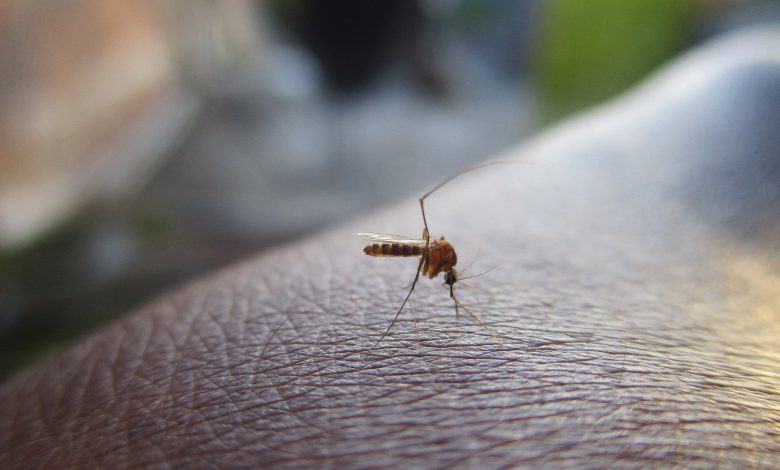How Global Warming Can Limit Spread of Dengue Fever

Friction Between Two Global Human Threats
Mankind in the 21st century is thriving in the face of numerous catastrophic risks. The world is witnessing survival threats such as declining atmospheric oxygen level, human-induced climate change, a decline of natural resources and collapse of the ecosystem, loss of biodiversity, uncontrolled growth of human population, rising food scarcity and failing nutritional quality, the spread of new and uncontrollable diseases and so much more. The threats are all interconnected and arise from the same basic cause- our relationship with the earth’s natural systems. The global dengue vaccine is thriving on the back of growing concern for the Spread of Dengue Fever as well as the clinical advancements observed in the development of vaccines for dengue.
Global warming has been a persistent member of planet earth for almost two centuries, and human activities are only exacerbating it further. Humans continue to add heat-trapping greenhouse gases to the atmosphere, changing the flow of climate that all living organisms have to depend on. So is the spread of diseases, that have led to global concerns. Diseases have been prevailing due to human-induced environmental and physical disarray. Throughout 2020, the world witnessed a pandemic that spread like wildfire, and is still persisting. As we continue to fight COVID 19, other diseases that have had, and will continue to have, far more impact on human population have been overlooked. Diseases like dengue have had an adverse effect and continue to be a burden to humankind. Dengue is the most dominant arthropod-borne disease to spread among humans that has increased 30-fold over the last few decades. The number of dengue cases reported to the World Health Organisation (WHO) annually has increased dramatically in recent years and is considered a global public health challenge. This has brought in high demand for research and development of dengue vaccines, which drove the global dengue vaccine market to be valued at nearly USD 400 million in 2020.
Mosquitoes are highly dynamic in physical surroundings, as their life cycles are short and heavily influenced by environmental conditions. Mosquito species Ae. aegypti are the chief driver for dengue transmission. Scientists suggest that with global warming, more than 70% of the world’s population could be exposed to one of the mosquito-borne diseases in the next 30 years. However, as we shift more into worsening climatic conditions, we are also creating a world too hot for the survival of mosquitoes. Recent researches suggest that infections with dengue virus make mosquitoes more sensitive to warmer temperatures. Bacterium Wolbachia has recently been in use to prevent virus infections among mosquitoes. It has been found that infection with Wolbachia increases the thermal sensitivity of the insects. With increasing changes in climate model of the earth, the findings suggest that global warming may not only retain the spread of dengue virus but also affect the effectiveness of Wolbachia. Even though dengue virus may replicate faster in higher temperatures, the study suggested that the reduction of thermal tolerance in mosquitoes may counteract with their survival which could help to reduce transmission of the virus. This may be more evident in hotter and more climatic varied regions.
Researchers at Penn State conducted a study by placing submerging sealed vials with dengue virus infected mosquitoes into hot water bath at 42 degrees Celsius- a general temperature extreme that a mosquito might encounter. They were observed to see how long it took for the mosquitoes to be immobilized and compared with uninfected mosquitoes. The infected mosquitoes were more sensitive to the heat and became immobilized three times faster than the uninfected mosquitoes, while mosquitoes infected with Wolbachia became immobilized almost four times faster. However, the research did not find any additive effect of the infections of the two viruses on the thermal tolerance of the mosquitoes. While there have been some known interactions between heat and Wolbachia in immature stages, this study showed that adult infected mosquitoes have reduced survival during heat stress.
Read More- Health Improvements Tips
Conclusion
Yearly climate variations mean that some years are more unsuitable for dengue transmission in some regions than others, and this will continue through to 2050. Climate change is the largest and most comprehensive threat to life sustainability on earth. Maintaining temperature is important not only in restraining the absolute geographic limits of dengue transmission but also in supporting different levels of endemicity. Also, the commercial usage of the dengue vaccine has been showing positive results and is boosting the growth of the dengue vaccine market further. This may result in the development of more vaccines to prevent the disease and its spread.






